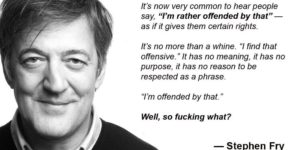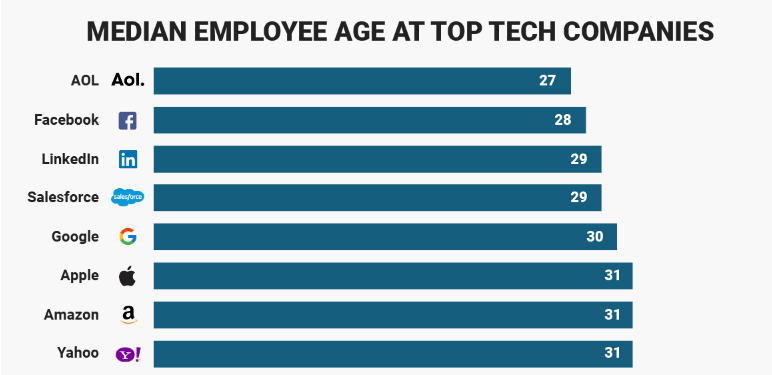Last night I had to sit my 14-year-old son down and have “the ‘talk”.
It was uncomfortable, it should be, having “the talk” is never easy for parents and their kids. Unfortunately, this wasn’t “the talk” I thought I would be having with him. This talk was about what he needed to do to stay alive when a shooter comes into his school and starts mowing down innocent kids because our American government refuses to do anything about it.
I need to take my shoes off to get on an airplane because I might have a shoe bomb and want to blow up a plane. I have to do this because 1 person, 1 time, got on a plane with a shoe bomb and burned himself.
Hundreds of school shootings have happened and thousands of kids have been killed or hurt, and we can’t figure out a way to stop this from happening. It’s not important enough for our society to change this.
This isn’t a political statement. This is a dad crying out to the universe to please stop this so I won’t be that parent on CNN telling my own child’s story because they were never given a chance to tell it on their own.
Those who were voted into a position of political power in our country, every party, every single person, have failed this nation. This isn’t a party issue. This is a kid’s are getting killed issue. You don’t need an arsenal of guns in your house to go deer hunting. You need one rifle that shoots one bullet at a time.
The 2nd Amendment in our Bill of Rights that gives us this ‘freedom’ as Americans to bear arms was written and approved by Congress in 1789. 229 years ago we needed to bear arms because a bear actually might kill you! Now, we don’t need to bear arms. We have the world’s best, most highly funded military force to protect us.
That we live in a society that allows any kind of access to teens to get their hands on guns is shameful. Teens are mostly crazy! They’re emotional. They act impulsively. They don’t think beyond the minute they’re living in. That is not a good combination to mix in access to guns and ammunition. Every single parent in the world understands this simple concept.
But, now I have to give tips and strategy to my son on how to save his life when a school shooter commences to mowing down innocent victims because Timmy’s Dad had to have an arsenal in his basement because this is “America!”
Fuck you, Timmy’s Dad!
So, here’s the advice I gave to my son, and I’m sure you’ll give to your sons and daughters. I told him to survive. Do anything you have to do to survive. Like the Hunger Games, you survive. That’s an order. For some reason, we’ve regressed hundreds of years as a society that my ‘life’ advice to my son in 2018 is simply to “Survive”.
So, ultimately, this is a failure of parenting. We have failed as parents that we elected people in our own image who have refused to fix a problem that we all want to be fixed. We failed because we don’t think this will happen to ‘our’ kid. We hate that it happens to any kid, but it won’t happen to “my” kid.
We’re stupid. It is going to happen to my kid and I can’t sleep at night knowing when I drop my son off at school tomorrow there isn’t one thing being done to save his life by those in charge of our laws in this country. Not one single thing.
Just survive, I told him…
We can stop this. In our world, it takes money to beat the bad guys who have more money right now. I donated to Everytown.org – The Movement to End Gun Violence. I’m not associated with Everytown, but I donated money so I support them. If you want to support them, great!
(Photo cred: Larry Nodarse)



